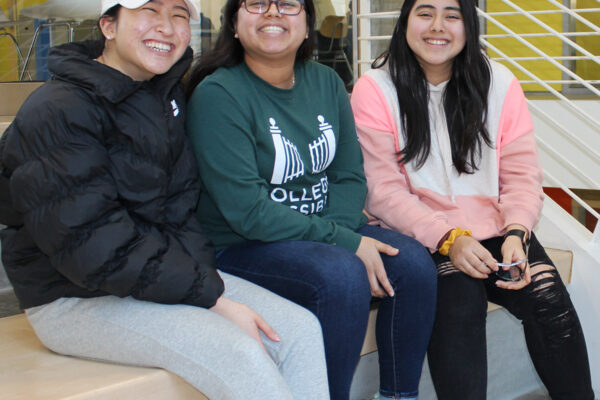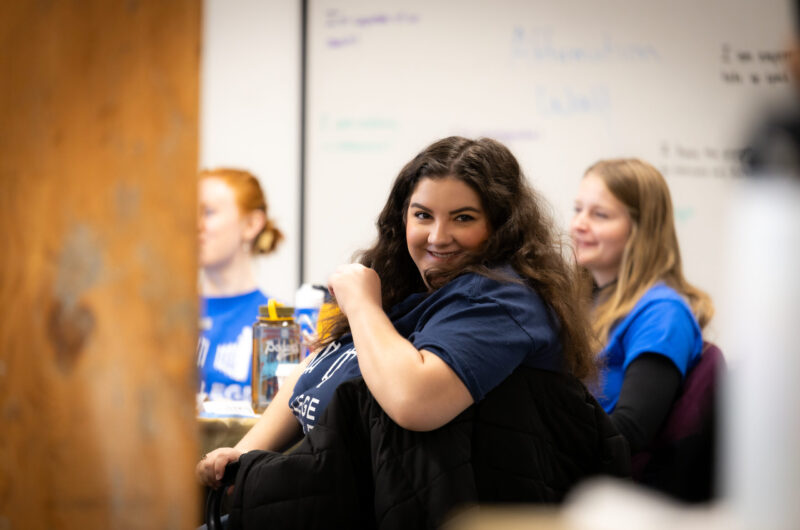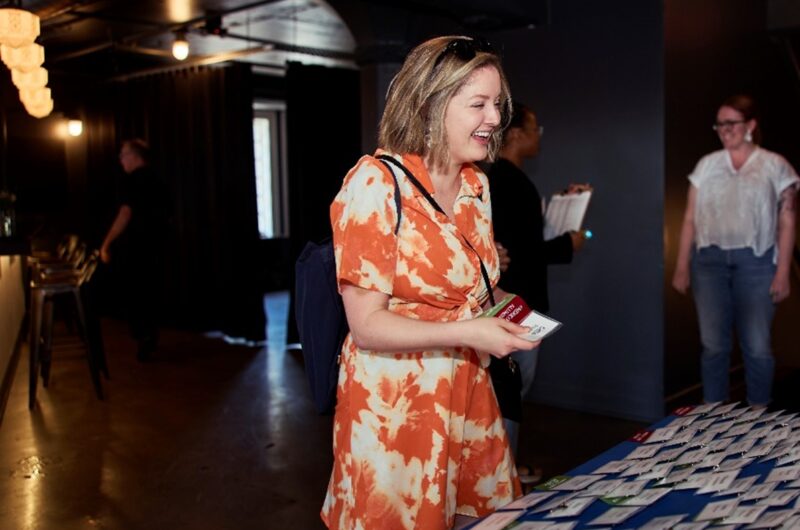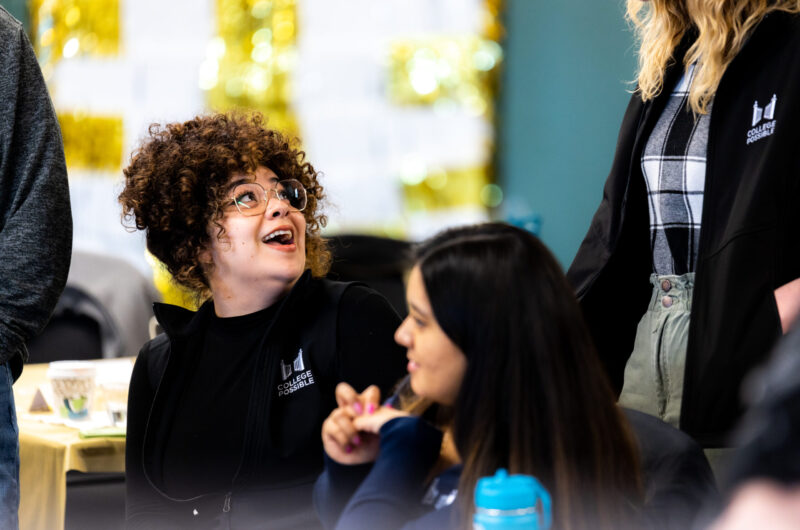Written by College Possible Oregon board of director members, Ken Thrasher and Scott Dawson.
COVID-19 has further illustrated the impact from growing wealth disparities in America. Now more than ever, Oregon cannot afford to further this gap by turning our backs on highly motivated high school and college students who come from historically underserved backgrounds.
Youth from economically disadvantaged backgrounds earn college degrees at shockingly lower rates than their upper-income peers, due to systemic barriers in our education system.
By intensely supporting and mentoring Oregonian students who are from economically disadvantaged backgrounds and primarily first-generation and students of color, College Possible Oregon students are on track to graduate from college at a rate four times their peers who begin in college.
When the Covid-19 crisis caused high schools and colleges to close, and students were left with an uncertain future, College Possible Oregon stepped into the void by adjusting operations in order to meet the needs of our 1,800-plus students. By immediately providing our students with needed technology, we were able to replace face-to-face coaching with online support services, such that we didn’t miss a beat.
College Possible Oregon’s dedicated team knew that 70% of economically disadvantaged students and students of color who “take a break” from their path to a college degree never finish their degrees. Oregon cannot afford to fail yet another generation of economically disadvantaged students and perpetuate a structural cause for wealth disparities and inequities.
The 2007-08 financial crisis resulted in significant job losses, major decreases in post-secondary funding, increases in PERS unfunded liabilities and large increases in college tuition that caused students to take on staggering debt. Although the stock market dropped 50% during 2007-08, philanthropic giving only declined 7%. Foundations and private individuals understood the needs, including investments in education.
Why will the challenges from Covid-19 be any different? Clear dangers to our health meant immediately closing businesses, schools and colleges, and limiting our lifestyles through stay-in-place requirements.
This crisis is like no other crisis we have faced. Covid-19 is accelerating the shift in jobs that was already taking place due to technology and the growing knowledge-based economy, replacing blue collar jobs with robots in distribution and fulfillment centers like Amazon, replacing traditional white collar jobs with analytics and artificial intelligence based on big data, and using technologies such as Zoom and Slack to upend the way we work and deliver education.
The imperative of our educational system to produce graduates with the skills needed to thrive in this rapidly developing future economy couldn’t be more salient, especially for students coming from historically underserved backgrounds.
For the economically disadvantaged students and students of color served by College Possible Oregon, more support is needed as students navigate post-secondary education, prepare for the workplace, and develop civic skills to benefit our shared communities. College Possible Oregon helps these students from their junior year in high school through college graduation to develop the education and life skills they need to succeed.
We recommend the following actions:
- Ensure reauthorization and even expansion of the Corporation for National and Community Service at the federal level
- Maintain state funding for post-secondary education programs, and strategies to increase access and college graduation for economically disadvantaged students and students of color through scholarships and program support
- Continue high levels of support from foundations, corporations and individuals for students in post-secondary programs
- Address the needs of students with limited internet access and inadequate computers so that they will not be further disadvantaged by learning environments that will now be more online than ever
- Engage employers in programs that support student learning in the workplace, improve hiring of diverse candidates in under-represented industries, and help better define career paths for students.
Implementing these recommendations will mean coming out of the Covid-19 crisis faster, improving the economy, and increasing equity in Oregon. College Possible can help increase the number of successful students who can break the cycle of multi-generational poverty. That creates a better prepared and more diverse workforce aligned with the needs of business, thereby reducing federal and state social service costs that will likely increase as a result of Covid-19.
This opinion piece was written for and published in the Portland Business Journal.



